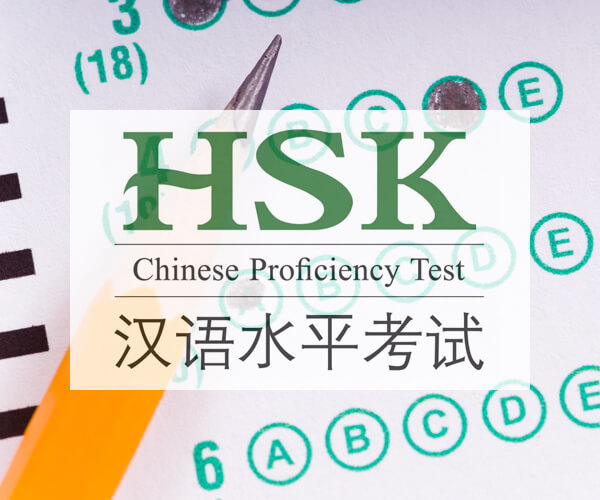
Hanyu Shuiping Kaoshi
(汉语水平考试, pinyin: Hànyǔ Shuǐpíng Kǎoshì) is a standardized qualification exam in Chinese (Putonghua) for non-native speakers, including international students, overseas Chinese, and ethnic minorities living in the People’s Republic of China. The HSK qualification exam serves as a unified certification form for foreign learners. HSK results are recognized worldwide.
The HSK exam was first conducted in China in 1990 and was held in several foreign countries a year later. The authority of this exam, often considered the Chinese equivalent of TOEFL, has been steadily growing globally.
In 2005, during the second plenary meeting of the 7th Congress of the International Society for Chinese Language Teaching, Xu Lin, Secretary-General of the State Department for the Promotion of Chinese Abroad (汉办, Hanban), set the task of reforming HSK to simplify and popularize the exam. By 2009, the development of the new exam format was completed, and starting in March 2010, the updated HSK began being conducted worldwide.
By the end of 2009, there were 106 testing centers for the HSK qualification exam operating in 41 countries. By early 2010, the total number of test-takers exceeded one million. From 2010 onwards, the global Confucius Institute network was authorized to administer the HSK exam.
Certificate Recognition and Benefits
The HSK qualification certificate is a state-recognized document issued by the Ministry of Education of the People’s Republic of China (中华人民共和国教育部). It meets international standards and is equivalent to other recognized language proficiency exams.
The HSK certificate offers the following advantages:
-
Scholarships:
- Enables participation in scholarship competitions for internships in China.
-
University Admission:
- Provides eligibility for undergraduate, master's, and doctoral programs in Chinese universities (a minimum level of HSK 4 to 6 is required under the new classification).
-
Professional Benefits:
- Serves as a recommendation for employment and professional development.
- Is considered in recruitment policies by institutions, enterprises, and organizations seeking specialists with strong Chinese language skills.
